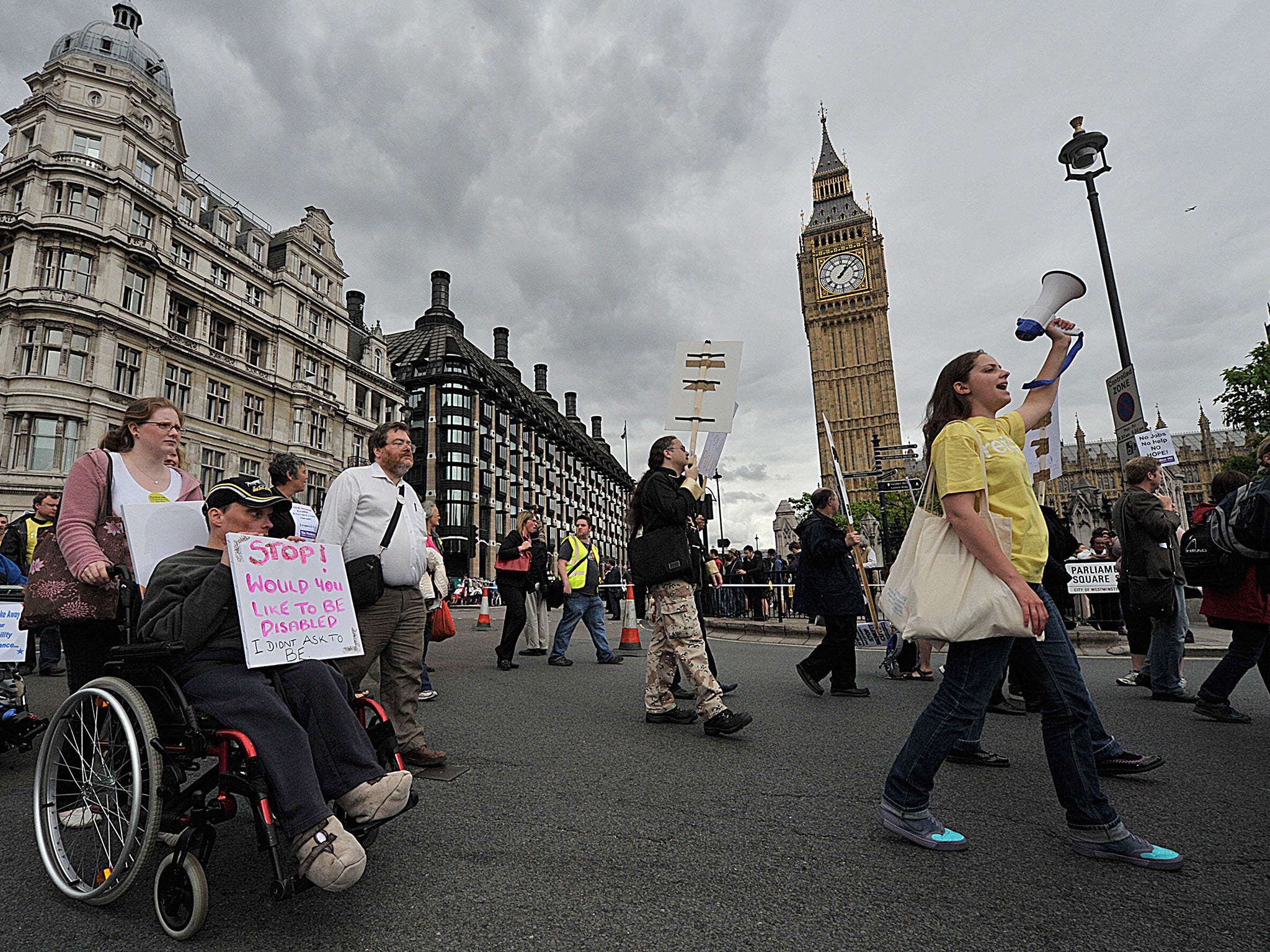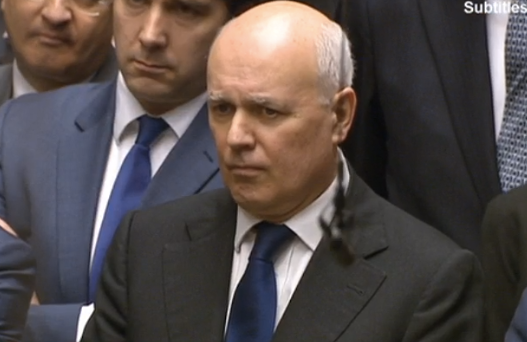The Government may be about to scrap one of its harshest disability benefit cuts
David Cameron and the DWP have both declined to say whether the ESA WRAG cuts will go ahead

David Cameron has declined to answer whether the Government will go ahead with its £30-a-week cuts to key disability benefits – prompting hopes of a change in policy.
The Government was defeated in the House of Lords in late January over whether some disabled people claiming Employment and Support Allowance should get a lower rate.
New claimants in the so-called “Work Related Activity Group” (WRAG) would have been paid around £72 a week instead of £102, but peers rejected the proposals by 283 votes to 198.
The motion to cut the benefits has now been sent back to MPs in the House of Commons – but the Government has now repeatedly declined to say whether it will push ahead with the proposal or listen to the Lords and withdraw it.
Labour leader Jeremy Corbyn asked David Cameron to clarify the Government’s position at Prime Minister’s Questions today. Mr Corbyn noted that 2,300 cancer patients were currently in the group whose rate for new claimants would be cut.
David Cameron did not provide a direct answer to the question and instead emphasised that the proposed cut only applied to future claimants of the benefit.
Iain Duncan Smith, the Work and Pensions Secretary, watched the exchange from inside the Commons chamber with a distressed expression on his face.

“It’s very interesting the Prime Minister did not answer the question I put which is whether or not he will proceed with the cut to ESA which hits 3,200 people with cancer at the present time,” Mr Corbyn said.
“I hope he will think seriously about this.”
It is not clear whether ministers have yet made a decision about whether to push ahead with the cuts or not.
Disability charities have mounted a campaign against the changes. Previous surveys of people in the WRAG have found that over half per believe they would struggle to stay healthy if hit by the cut.
Around a third people getting help from the ESA WRAG also believe they would be unable to heat their homes or eat.
Research commissioned by charities has also previously warned that the reductions will make it more difficult for people with disabilities to move into jobs – a stated goal of the Government.
Asked about whether the plans would be withdrawn or taken forward last week, a spokesperson for the Department of Work and Pensions also avoided directly answering the question.
“Our reforms are focused on ensuring people get the best support possible,” they said.
“The vote in the House of Lords is a routine part of the legislative process and next steps will be announced in due course.”
Rob Holland, Parliamentary Manager at the charity Mencap, said going ahead with the cut would do nothing for the people it affected.
“Today the Prime Minister offered little assurance on our key concerns around the damaging effects cuts to Employment and Support Allowance will have on disabled people's health and their chances of getting into work," he said.
“The Prime Minister’s said that the cut to the ESA work-related activity group (WRAG) would apply to new claimants only. This is true of course and our concerns lie with new claimants who will suffer from receiving a third less than current recipients of ESA; 28% of whom say they sometimes can’t afford to eat with the amount they have to live on. It is important to remember that the proposed cut will also affect new claimants within the new Universal Credit which the Government hopes to have rolled out by 2021.
“With the recent defeat in the Lords we urge the Prime Minister to rethink this cut to ESA and Universal Credit, which now widely accepted, will directly contradict the Government’s aim to halve the disability employment gap, and push people with a learning disability closer to poverty and further from work. Cutting this key benefit will do nothing to help people with a learning disability find work”
Join our commenting forum
Join thought-provoking conversations, follow other Independent readers and see their replies
Comments
Bookmark popover
Removed from bookmarks